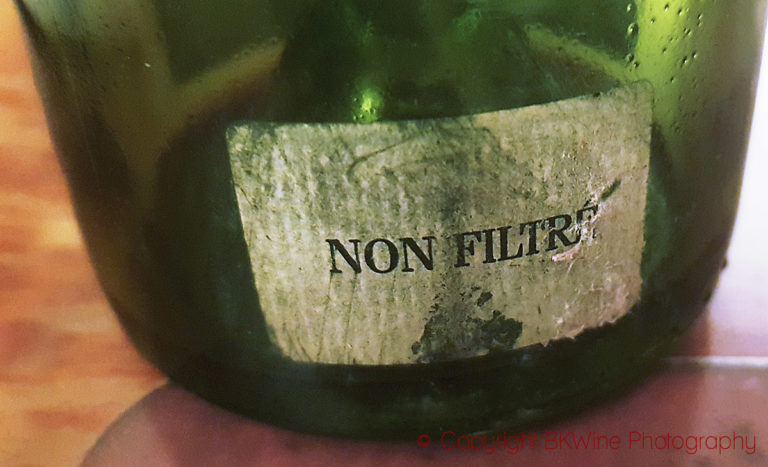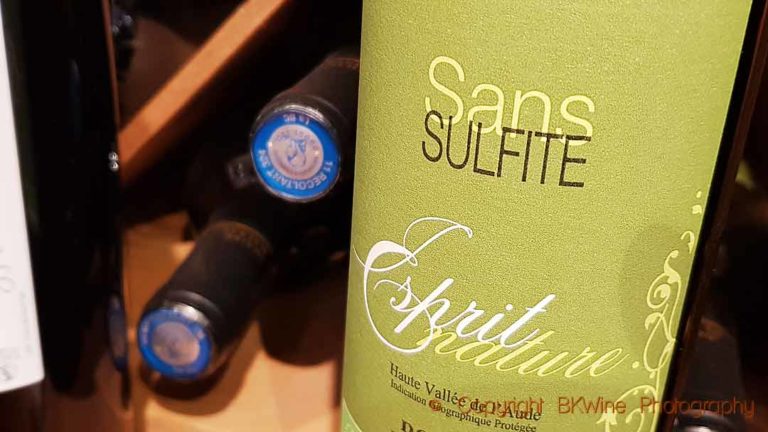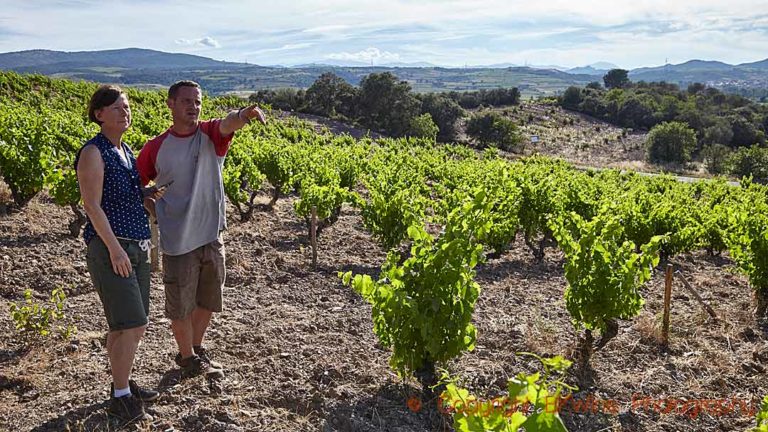

 Terroir wine, industrial wine, natural wine, or technical wine?
Terroir wine, industrial wine, natural wine, or technical wine?
Terroir wines are often said to be the opposite of industrial wines (or volume wines). In short, terroir wines are wines where you recognize the origin and industrial ones are wines where you do not (and that are produced in large volumes). However, it is not always that easy to identify the origin in a blind tasting. Even if the wine in the glass is supposedly a terroir wine.
So I think a better definition of terroir wine could be a wine with character, personality, freshness and structure and no mushy softness. And it is very likely that these qualities in part come from the work in the vineyard, although it might not be apparent when you drink the wine where this vineyard is located.
So a wine can have a nice character even though you can’t guess where it comes from. This is all the more obvious when you drink a so-called “natural wine”. Even if you like the wine (not always obvious), you are most of the time totally incapable of guessing neither the grape nor the geographic origin.
Rather, what you do recognize is the work in the cellar: skin contact for a few weeks (if it’s a white wine), deliberate oxidation, tiny quantities of sulphur.
When you cannot identify the origin of a wine but you do recognize the work in the cellar, people often talk about “technical” wines. So in that respect a “natural” wine is more of a technical wine than conventional wines. The “natural” wine is more of a reflection of the techniques used in the cellar to create the wine that of the origin or of the grape variety.
Some producers consider their rosé to be a technical wine. It requires a lot of technical skills in the cellar to get exactly the colour they want. Many winemakers say that rosé is the wine that is most difficult to make (and not the easiest, as we heard someone – not a winemaker – say recently).
It is a fact that it is often difficult to recognize where a “natural” wine comes from. The total absence or very low levels of sulphur erase the character of the grape and of the origin. Many wine producers who make wines without sulphur agree. As well as many who make wine with sulphur. We have in recent weeks met several winemaker who’ve had comments like this: “’natural’ wines have above all a character of, well, not of the region it comes from but tastes more just like ‘natural’ wine.”
I’m not saying this is necessarily negative, but it’s good to know. So that you have something to blame for your bad guessing… And if you want the best expression of origin, perhaps you should look for something else.
Wine tours in the autumn and winter
Take a few moments to have a look at the coming season’s and the winter wine tour program. Several exciting tours are on the schedule at harvest time: Bordeaux, Piedmont (with truffles), Alentejo & Setubal. And when it is harvest down south also Chile-Argentina and South Africa! Some tours are already fully booked so don’t wait!
And finally: please take a moment to “like” BKWine Magazine and BKWine Tours on Facebook.
Britt & Per
PS: Recommend to your friends to read the Brief !
– – – – –
[box type=”note” size=”large” style=”rounded” border=”full”]This is just the introduction to the latest issue of the Brief. Subscribe to the BKWine Brief and you will get the whole edition in your mailbox next month.[/box]









